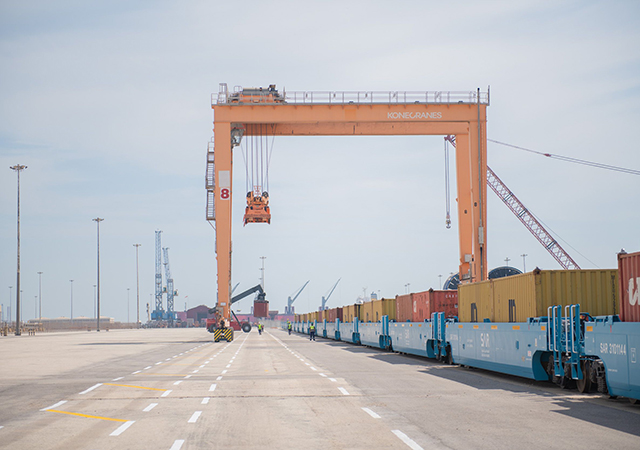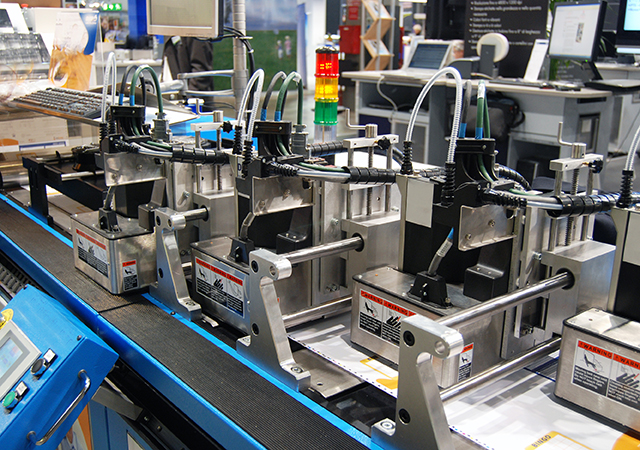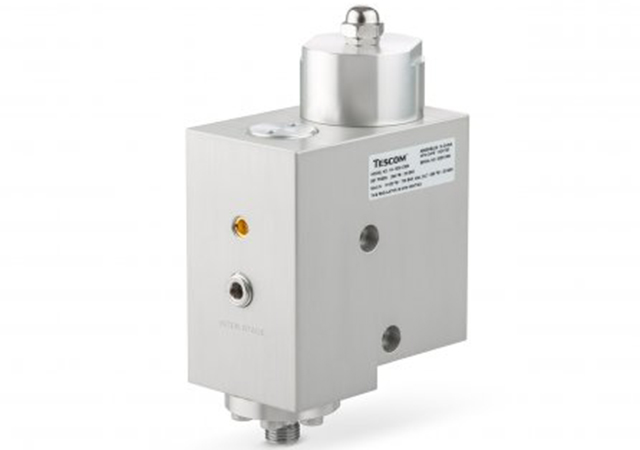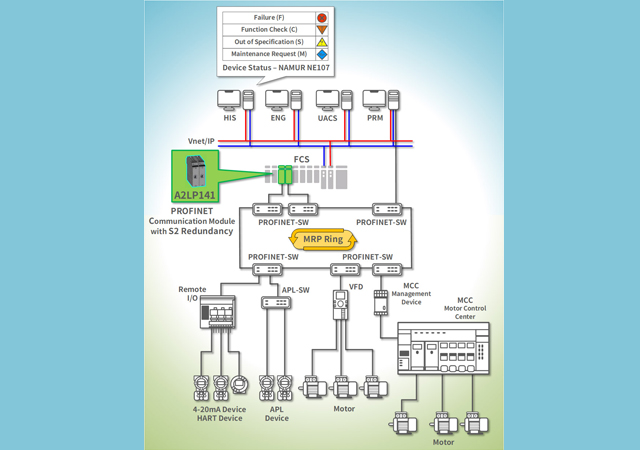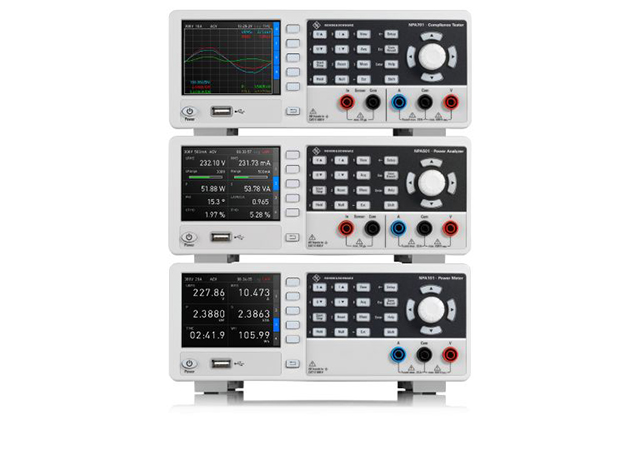
Whether for smartphones or sports shoes, insulating glass windows, cars, airplanes or even repairs in the recycling industry: adhesive bonding technology is an innovative key technology in a wide variety of industries today. However, its potential is still not fully utilized, market research Ceresana has said in its latest study of the global market for adhesives.
With this study, Ceresana has already analysed the entire market for adhesives for the fourth time: more than 14.7 million tonnes were consumed around the globe in 2019.
The most important type of product in 2019 were vinyl adhesives with a demand volume of over 4.3 million tonnes. A wide range of vinyl-based adhesives is available on the market. Products on the basis of polyvinyl acetate (PVAC) are among the most important types. Polyvinyl acetate is among other things used to produce Polyvinyl alcohol (PVA), another type of adhesive that is utilised for porous materials such as paper, cardboard, wood, cork, and leather. Acrylic-based adhesives ranked second by a larger margin, followed by polyurethane, elastomers, and others.
The construction industry constituted the most important sales market for adhesives in 2019: more than 26 per cent of global demand was accounted for by wall and floor coverings, maintenance, building refurbishment, components such as panels, or for thermal insulation material.
Furthermore, the study does not only examine the market for adhesives divided by different application areas but also by individual technologies: water-based adhesives accounted for approximately 46 per cent of total global demand. Demand for hot melts ranked second by a considerable margin.
Asia-Pacific accounted for about 38 per cent of global sales of adhesives in 2019, followed by North America and Western Europe.
The main applications are paper and packaging, construction, wood processing, transportation, shoes/leather/textiles, consumer goods, and others.



